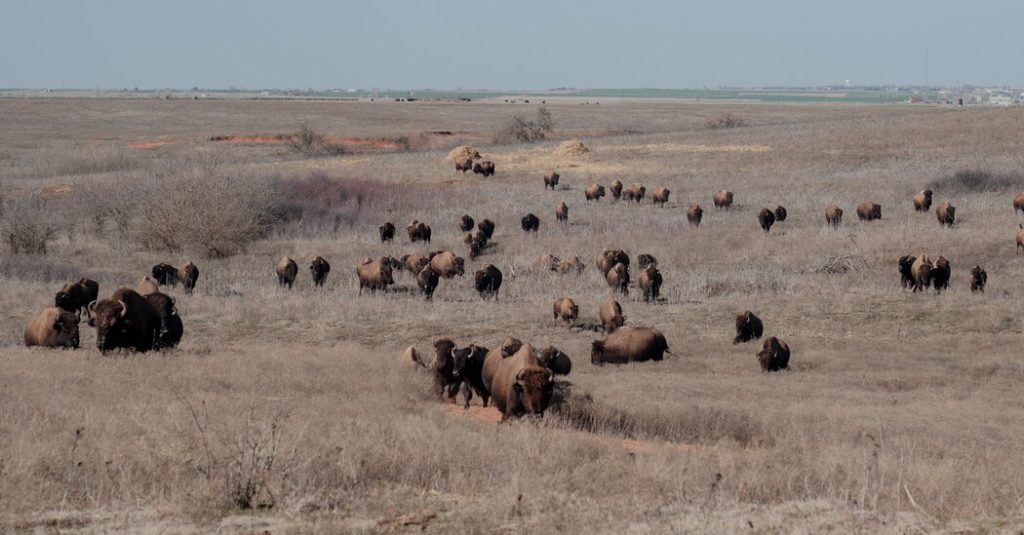Oklahoma has experienced a surge in film production in recent years thanks to its lucrative incentives program. Initially, the state offered $30 million annually which was increased to $200 million after successful lobbying from famous Texans like Dennis Quaid and Matthew McConaughey. Oklahoma, in response, is looking to more than double its incentives to stay competitive in the industry, with Lt. Gov. Matt Pinnell pushing for an increase to $80 million annually. The state is attracting major productions like “Killers of the Flower Moon” and “Reservation Dogs,” which have received significant funding for filming in Oklahoma.
Oklahoma’s push for more funding has sparked a border war with Texas, which is known for its big-budget film productions. Texans, like Quaid and McConaughey, have been advocating for increased funding for film and TV production in their state, causing Oklahoma to boost its incentives even further. A separate effort in Oklahoma aims to provide additional funding for episodic television series that include a live studio audience. The competition between the two states is heating up as both strive to attract more productions and boost their local economies.
The film industry has become a major economic driver for Oklahoma, with major productions choosing to film in the state thanks to its generous incentives program. Prairie Surf Studios in Oklahoma City has become a hub for film and TV production, attracting projects like the anticipated summer blockbuster “Twisters,” a reboot of the 1996 movie. The Cherokee Nation in northeastern Oklahoma has also invested in film production, with a film office, soundstage, and incentive program to attract productions to the area and boost the local economy.
The film industry emphasizes the economic impact of production incentives, with states competing to attract film, television, and streaming projects that create jobs and stimulate economic growth. States like Georgia and California have successful programs that provide hundreds of millions of dollars in incentives each year, leading other states to increase their offerings to stay competitive. Oklahoma’s success in attracting major productions has spurred efforts to increase funding further, with the goal of remaining competitive and continuing to grow the state’s film industry.
Missouri’s experience with missing out on film productions like “Ozark” led lawmakers to pass the Show MO Act, restarting the state’s dormant film and TV incentive program. Oklahoma, which has been successful in attracting major productions in recent years, faces challenges as shows like “Tulsa King” opt to film in states with more favorable incentives. Texas, in particular, is investing heavily in film production infrastructure, with plans for large production hubs that could further threaten Oklahoma’s position in the film industry.
Despite setbacks like losing the second season of “Tulsa King” to filming in Atlanta, Oklahoma is focused on remaining competitive in the film industry. Efforts to increase funding for incentives and attract more productions continue, with a focus on creating a stable and attractive environment for filmmakers. The rivalry between Oklahoma and Texas is expected to intensify as both states seek to become major players in the film industry and draw in big-budget productions.


